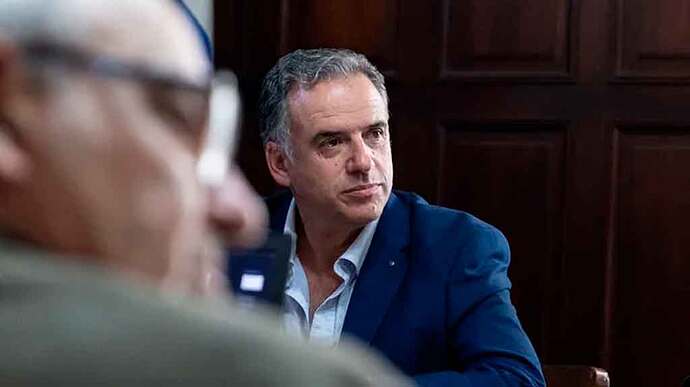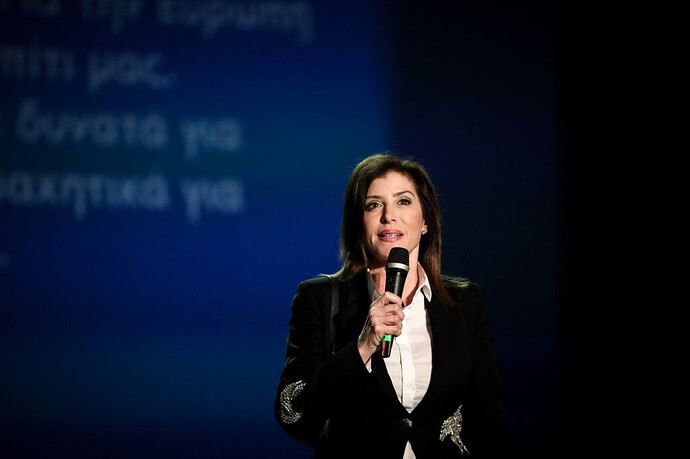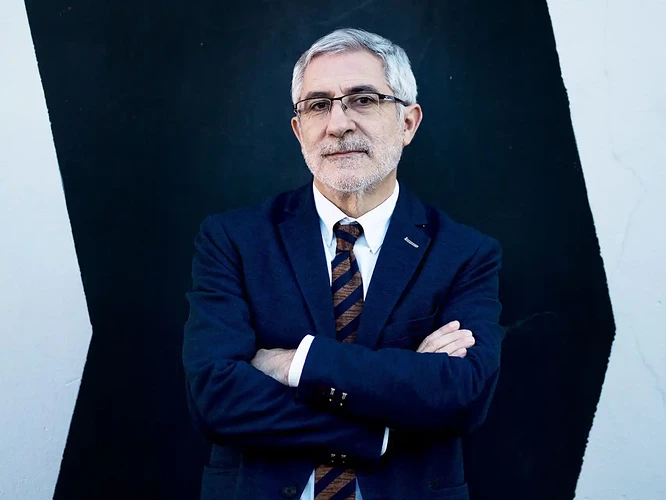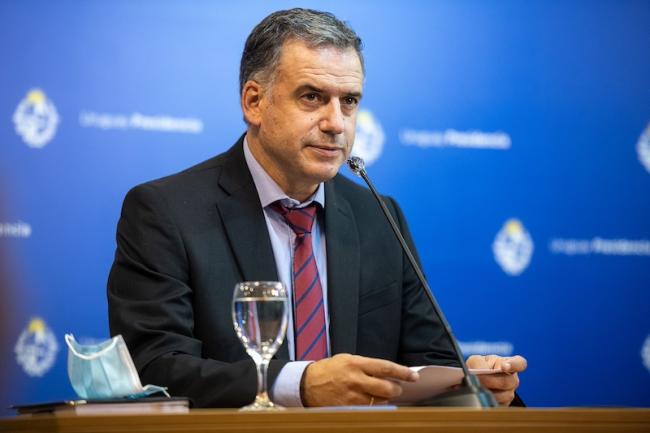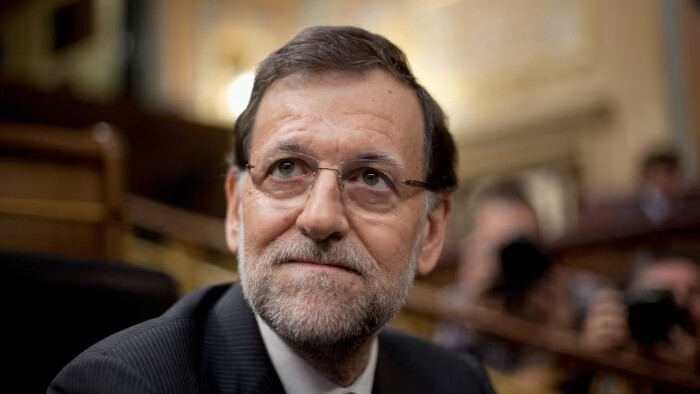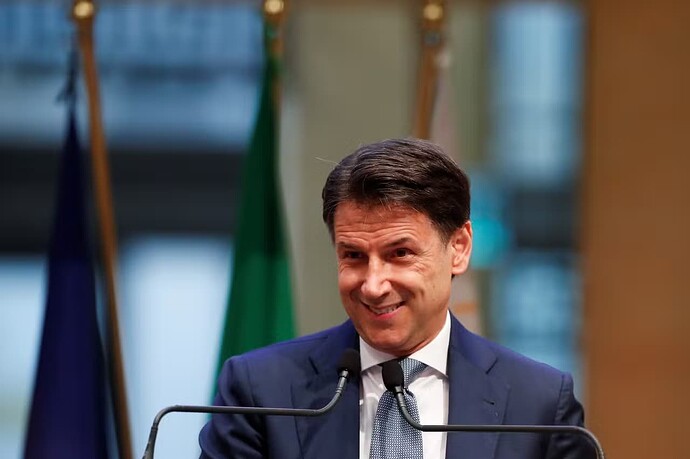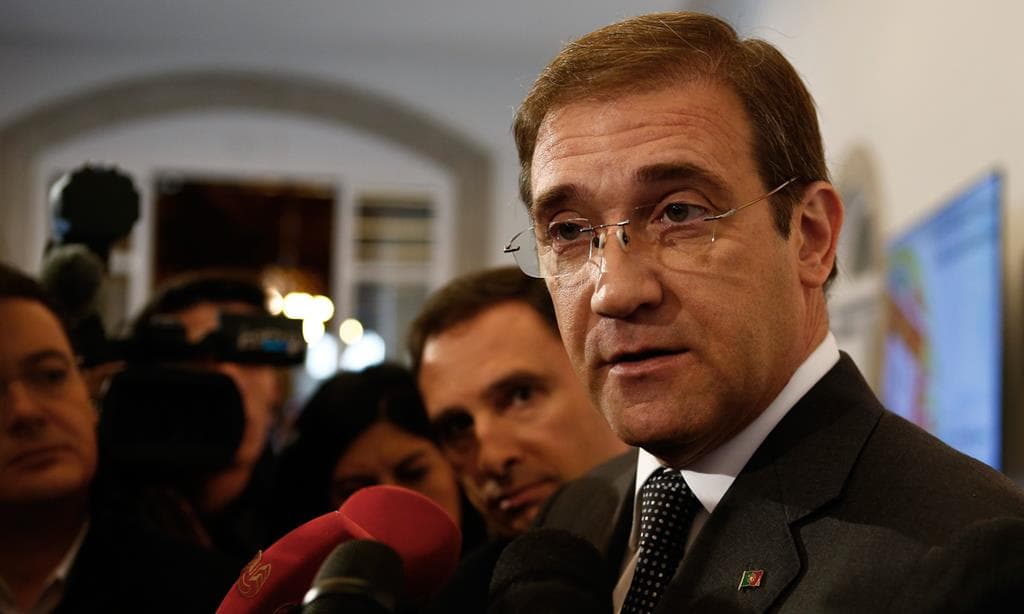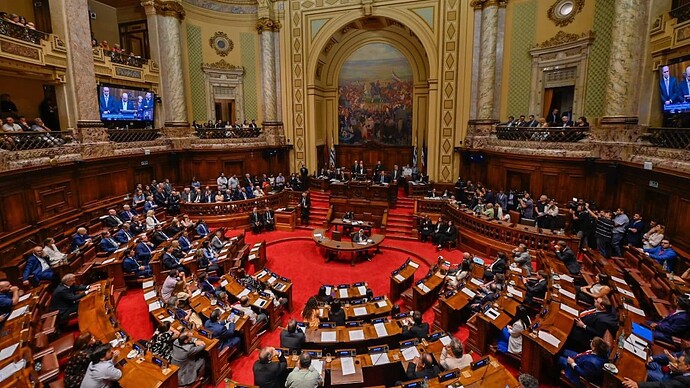![[Image: Zimbron-Republic-Ultimate-Final.png]](https://thesouthpacific.org/uploads/default/original/1X/a523d3cb1d5f4f027cc2eced6d0312875c249491.png)
News > Politics > World > Stoinia
Liberal consolidation in Stoinia
By Naiara Rivera, 24 February 2025
President of Partido Liberal (PL), Catinca Mirea during her victory speech last night. Source: PHOTO NEWS.
Last night’s Stoinian elections are fully counted and accounted for. For the next four years, the Court of Commons will maintain a clear liberal legislature. In no small part due to the fresh wave of liberal consolidation across the Capricorn nation. Although consolidation has been a wider change in Stoinian politics, it has resulted in a unique election where the half of the parties have won in some way while the other half got voted out of the Court or maintained their position. Whether further political merger will happen next elections remains uncertain as the political parties no doubt will have to assess the influx of transferred party members. Nonetheless, the Stoinian electorate has welcomed the consolidation in polls as it simplified the democratic process from small differing nuances from similarly aligned parties.
Without a question, the Liberal Queen, Catinca Mirea, had a pivotal role during these elections. From tense content-focused televised debates to liberal rallies across the South Pacific Ocean, she has spearheaded a renewed liberal coalition to the largest party in Stoinia with over a quarter of the votes. With the shift of the pragmatic Zimbron Party to the right and the Mercantile League reassessing its position, the former two parties were absorbed by the Liberal Party to form a large consolidated liberal block. Polls were skeptical, but the last few weeks have proven that the Stoinian electorate had become convinced of Mirea’s leadership. With the liberal supporting Prime Minister Celăreanu’sliberal reforms, it remains likely that she’ll remain the governing Prime Minister of the new government
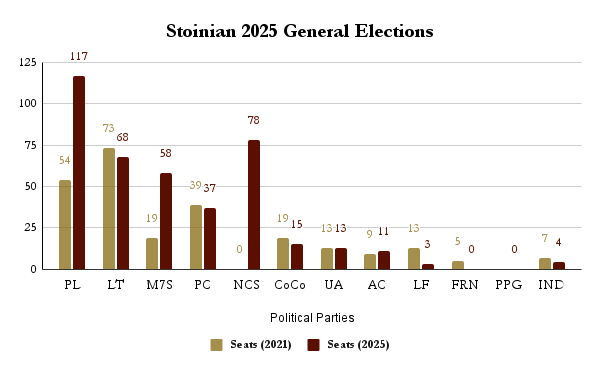
The general election results in terms of seats. Source: Oficina Electoral.
These elections weren’t for everyone a victory, however. Extremist parties such as Iuliu Boroi’s Partido Patriota Galente (PPG) and Alvaro Vélez’s Frente del Renacimiento Nacional (FRN) have been voted out of the Court of Commons. Their short entry into Stoinian politics remains an insignificant change following electoral controversies of undeclared political campaigns and meager contents in their campaigning. Like in the Great War, Stoinia’s roots remain cemented in a liberal and democratic political system.
Other parties have seen small losses as well, mainly the greens (Alianza Conservacionista (AC) & Liga Flora (LF)), while the conservative parties (Partido Conservador (PC) & Liga Tradicional (LT)) have suffered small losses as well. The conservative party leader Mario Draghiani (PC) has promised to support the next liberal government and that the party will take its responsibility to help reform Stoinia. Similarly, Ion Cristea (LT) was surprised by the losses since his party was projected to gain seats. The political titan has been toppled as the leader of the largest party and has stated that he will continue to lead the party as it undergoes changes to appeal to the shifting electorate.
Read also:
- Rally on Stoinian markets following election results
- Mārunga NGO’s donate ₤10,000,000 to Viridian humanitarian aid efforts
- KLA celebrations across Kliegme
- Premier Ferrant congratulates both left & right Stoinian politicians after elections
Meanwhile smaller parties such as the regional Coalición Coriniana (CoCo) & Unión Agraria (UA) have strengthened their voter base. Both parties have said that they are open to support liberal policies in the Cortes Generales given that they are aligned with their own parties, but will refrain from joining the government. A classic study of a practice called oposición gobernante (governing opposition) within Stoinian politics. Its opposite practice (gobernante opuesta or opposed governing) seems to be largely a term lost to decades past.
Tudor Segărceanu, a figurehead of Moviemento Siete Estrellas (M7S). Source: PHOTO NEWS.
With this many winners in the election, it’s hard to keep track of everyone, but another clear winner is Panagin Corriadi’s Moviemento Siete Estrellas (M7S). With former WF Speaker Tudor Segărceanu joining the political party and the absorption of Liga Transpacífica (LT) & Movimiento Prometeico (MP), the party has become stronger like never before, gaining a net 14 seats more than what the fused parties would have separately in previous elections. M7S remains a liberal party, but one that preaches state intervention and regulation, especially in key industries. What scored well with the electorate is the party’s call to implement e-democracy as well as direct democracy. It remains to be seen whether or not the party will actually be able to keep its promises following the talks to form a new government. Nonetheless, Corriadi has confirmed it will join a possible new government and remain pragmatic to ensure a fairer Stoinia.
With the technocrats gaining a political seat in the government, it will likely ask for certain minister positions. Already, party members have called for Tudor Segărceanu to become the Minister of Foreign Affairs, calling upon his experience in the World Forum as a good example of what the Kingdom stands to gain from him. It even aligns with the party’s technocratic stance and other nations have practiced the fusion of the two functions well. Segărceanu has, however, refused to confirm anything, stating that he’ll await once the talks begin to confirm anything.
President of Nueva Concordia Social (NCS), Dumitru Berceanu. Source: PHOTO NEWS.
The classic social democratic opposition has unified under the Nueva Concordia Social with all the different left political parties ranging from Christian left to federalist and republican factions. While the unified social democratic coalition has lost a net 1 seat compared to previous elections across disperse parties, their leader, Dumitru Berceanu remains adamant that this election is a victory for the social democratic opposition as well. The left-wing opposition has indeed remained upright in these elections and convinced its constituents of its new unified front. In the early campaigns, the party suffered occasional fragmentation, but Berceanu has been able to amend those oddities by rallying behind central social democratic themes during debates and rallies. In such an eloquent way he pursued his opposition to the proposed liberal reforms, that the Liberal Queen has congratulated him for his efforts and stated that she looks forward for her policies to survive his fervorous advocacy.
![[Image: Zimbron-Republic-Ultimate-Final.png]](https://thesouthpacific.org/uploads/default/original/1X/a523d3cb1d5f4f027cc2eced6d0312875c249491.png)

